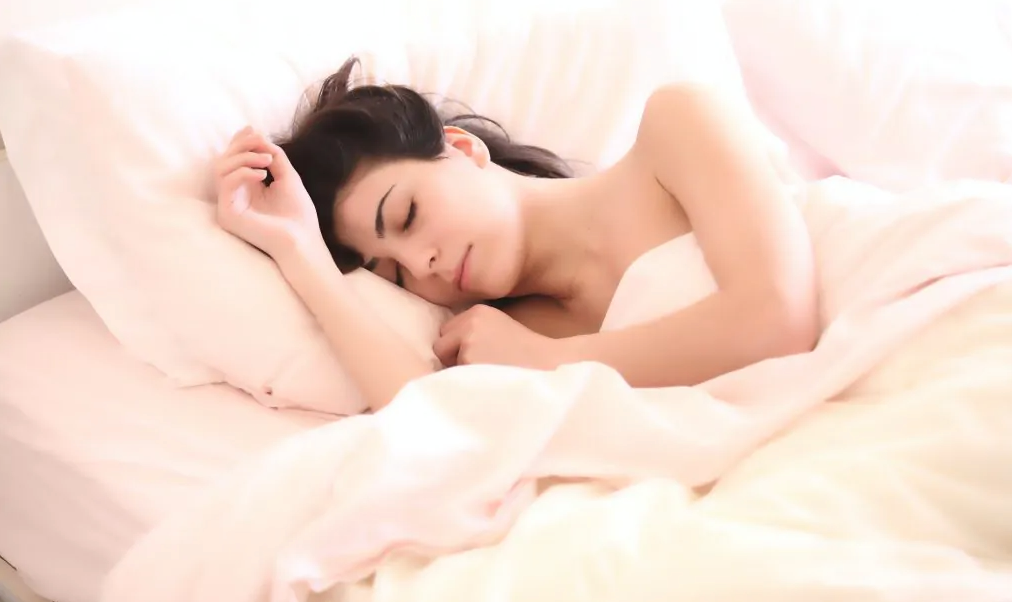Technology is gaining a foothold in all aspects in our daily lives a lot of people are turning to sleep trackers in order to assess their sleeping quality every night. If you’ve made it a New Year’s resolution to get better sleep and be better, you may have purchased an electronic sleep monitor for yourself. What do they actually measure, and could they be causing more harm than positive?
In this blog we’ll look at the types of sleep trackers are measuring their accuracy, the degree to which they’re accurate as well as how to make use of the information they provide to help you get more restful nights.
Sleep trackers: What do they mean? And how do they function?
Typically, sleep trackers are integrated into smart watches and fitness trackers. However, there are a few standalone sleep trackers available on the market that you can wear on your wrist or fingers or even placed beneath your mattress.
It’s unclear what sleep trackers ‘ measurements are and the information collected can vary between different devices. However, most trackers sold in the market measure your heart rate and the movement of your body. In most cases, if they detect an unsteady, low heart rate with little or no movement it will report this as the time that you’re sleeping. In the event that your heartbeat rises or you do lots of movement, it’ll be recorded as time you spent awake.
What’s the issue?

Since the majority of sleep tracking devices base their information on these two primary variables, they can cause some omissions. For instance, if for example you’re moving frequently during the course of your sleep, that does not necessarily mean that you’re experiencing an unsatisfactory quality of sleep, however your sleep tracker could record this as restless sleep, or even as time spent in bed. You may also suffer from insomnia and you’re sitting in bed, slumbering. You’re awake but the lack of movement indicates that your sleep tracker may record this as deep sleep. This could mean that you may get the impression that your sleeping is more or more than it is. After you’ve presented with your graph or data at the beginning of your day, it might be difficult to determine what you really have to do with the information to get better sleep.
The truth is that sleep, in order to be accurately measured there are many factors that must be considered. Scientists in labs can measure sleep through the eye movements, brain waves breathing patterns, and levels of blood oxygen which are all factors that the sleep trackers in small commercial units aren’t able to measure.
The search for the ideal sleep
It’s also believed that sleep trackers may reduce your sleep quality. An investigation released in the Journal of Clinical Sleep Medicine discovered that people who track their sleep appeared to be experiencing more sleepiness because of what they described as ” a perfectionistic quest for the ideal sleep”. This implies that the those who participated in the study were frequently focused on the data they collected from their sleep trackers and ways to improve their sleep that they were becoming stressed. Many were also exhibiting poor routines of sleep in an effort to get better. For instance, certain participants were staying in bed longer in an attempt to increase the hours they were asleep. It was apparent that monitoring their sleep was forcing them to engage in unhealthy habits to increase their sleep quality.
Are there any advantages?

It’s not that all sleep trackers are bad. While the information logged by these devices may be inaccurate, they could nevertheless provide a quick overview of your night’s sleep. This could make it easier to monitor your bedtimes and your sleep patterns. But remember that this is just a guideline and think of it as an insight into your sleeping habits instead.
To really monitor your sleep There’s no better method than listening to the body. If you awake feeling well-rested and alert and alert, then you’ve likely enjoyed a restful night’s sleep. If you wake up exhausted and tired and not prepared for the day ahead, it’s likely you’ve not slept wellhowever, you don’t require a sleep tracker to let you know!
Use these strategies with each other to gain more information about your sleeping health. If you’re feeling like you’re not getting enough night’s rest and your tracker saying the same thing you should think about what it could be. It could be something as simple as your diet, your level of activity or perhaps even your bed. However, using the information gathered by your sleep tracker you can track the patterns of your sleep and discover how you can assist.

